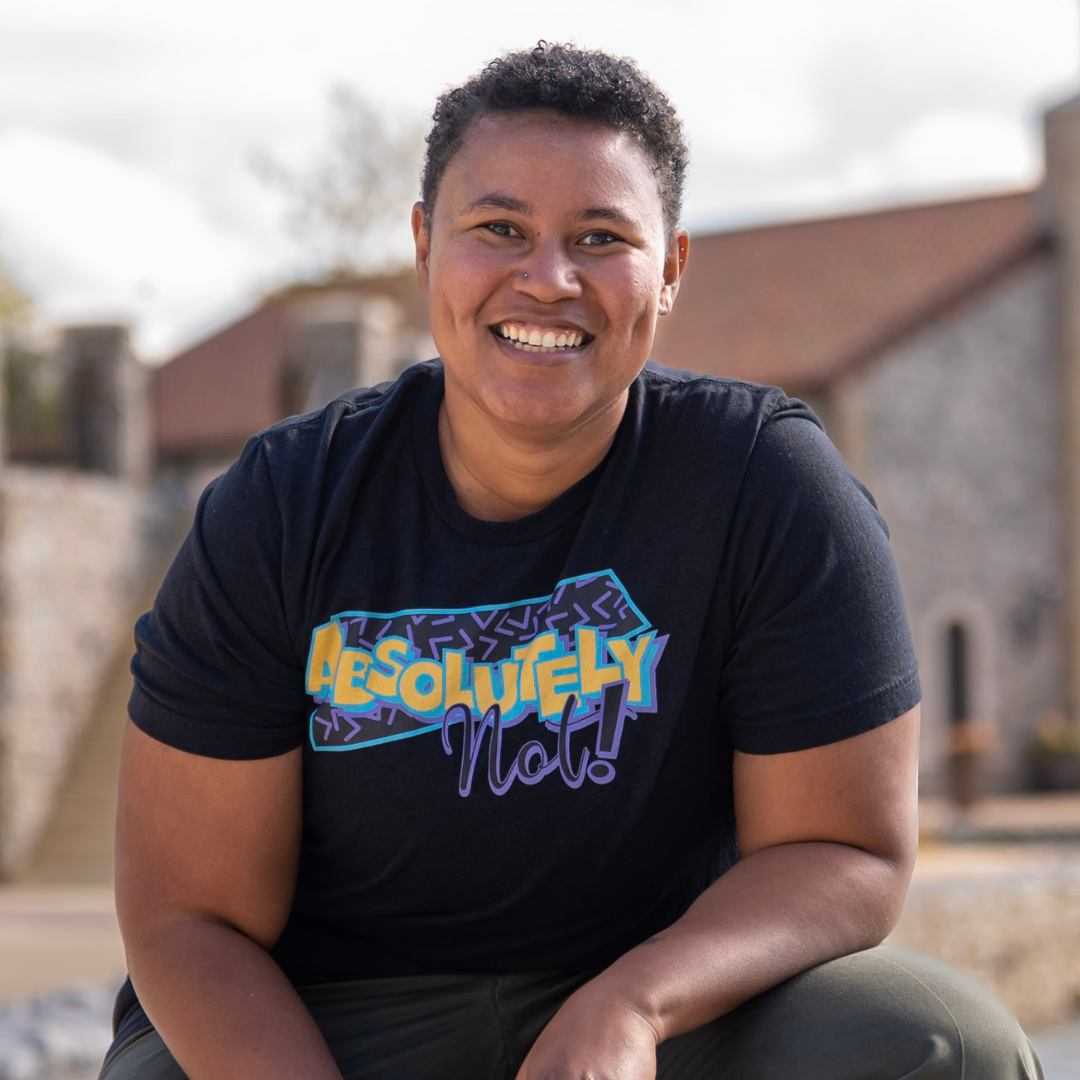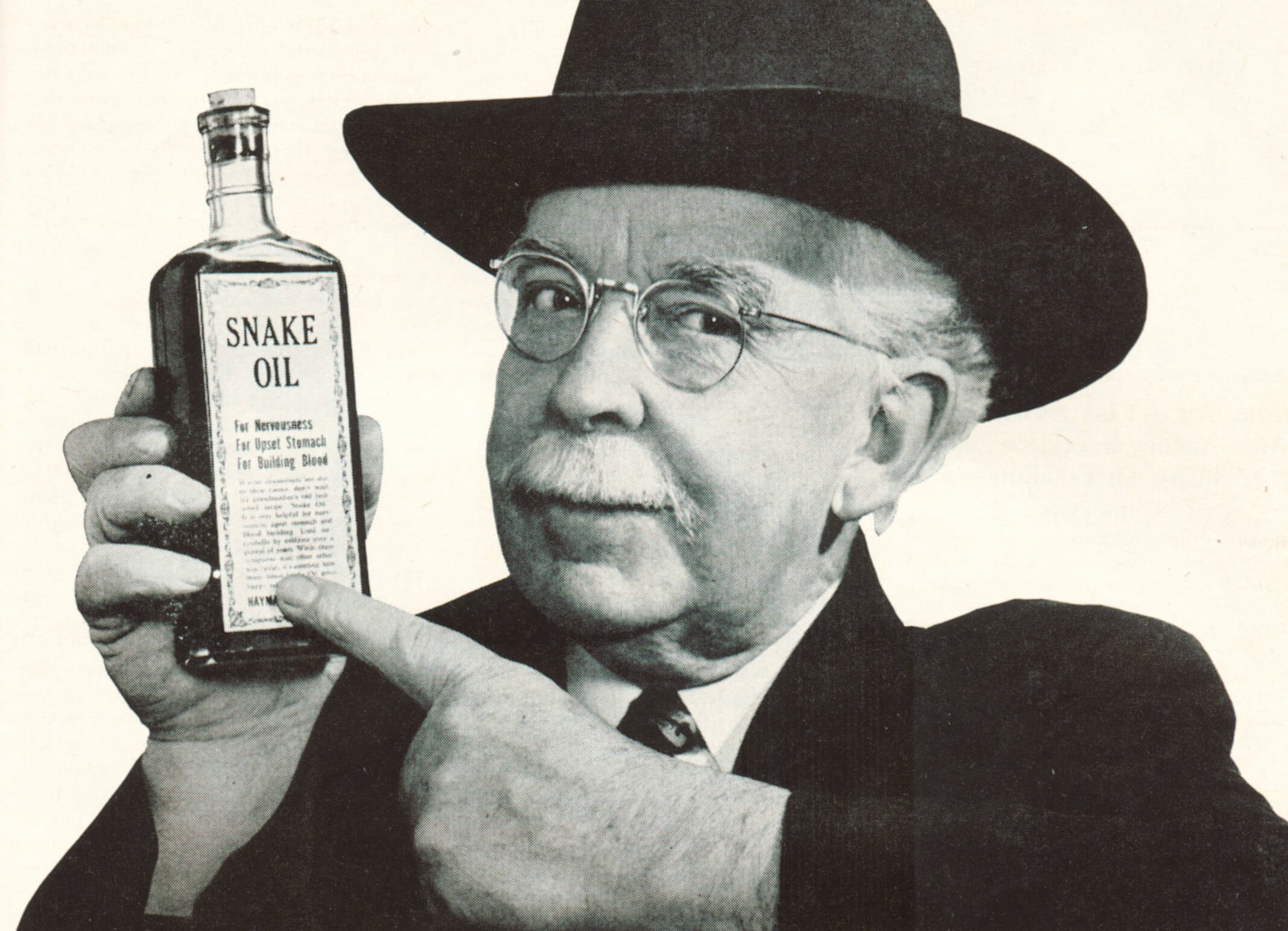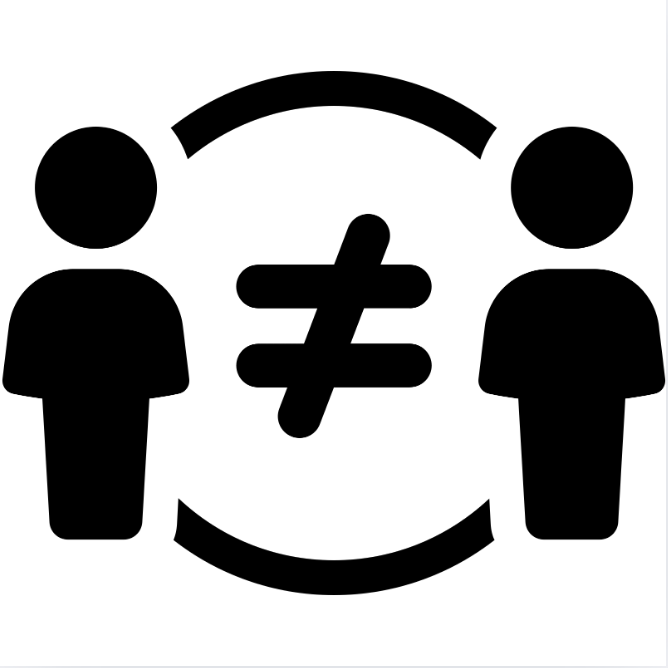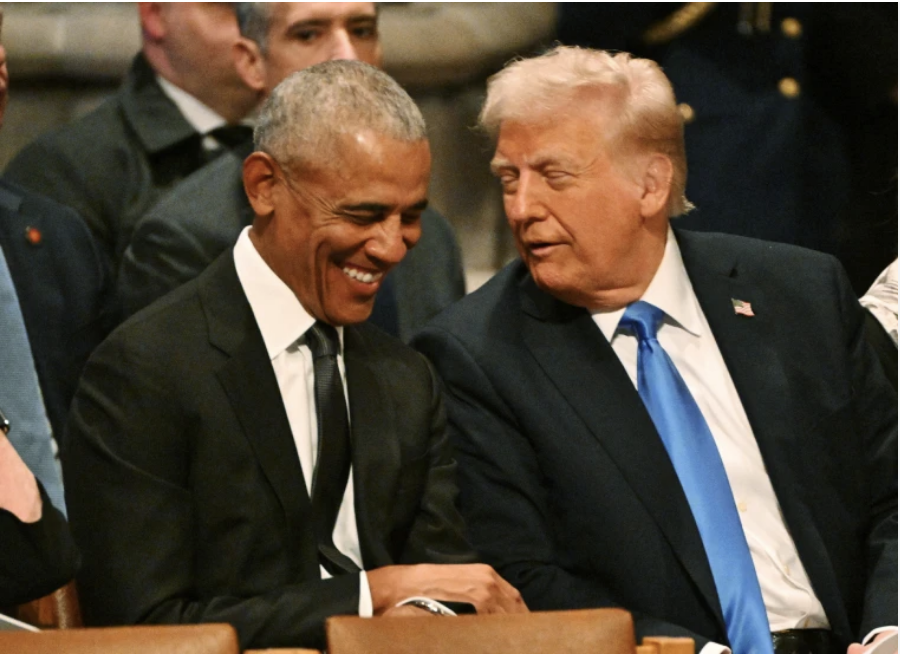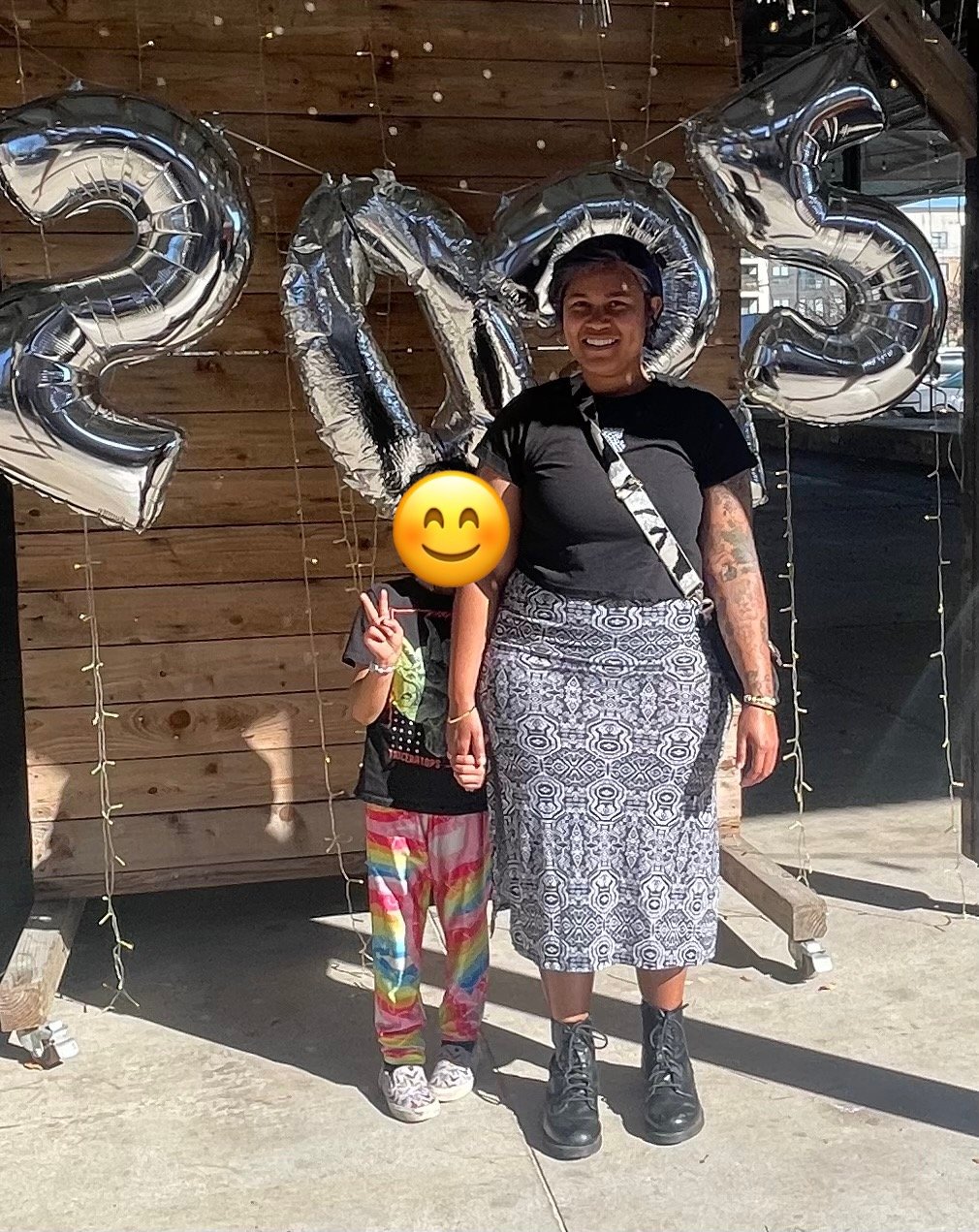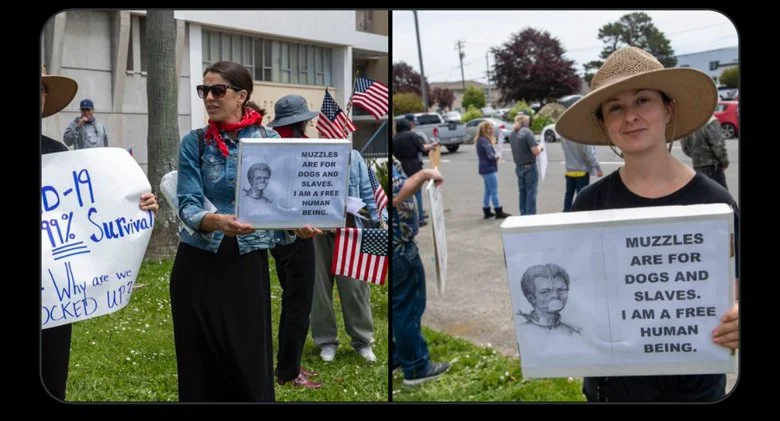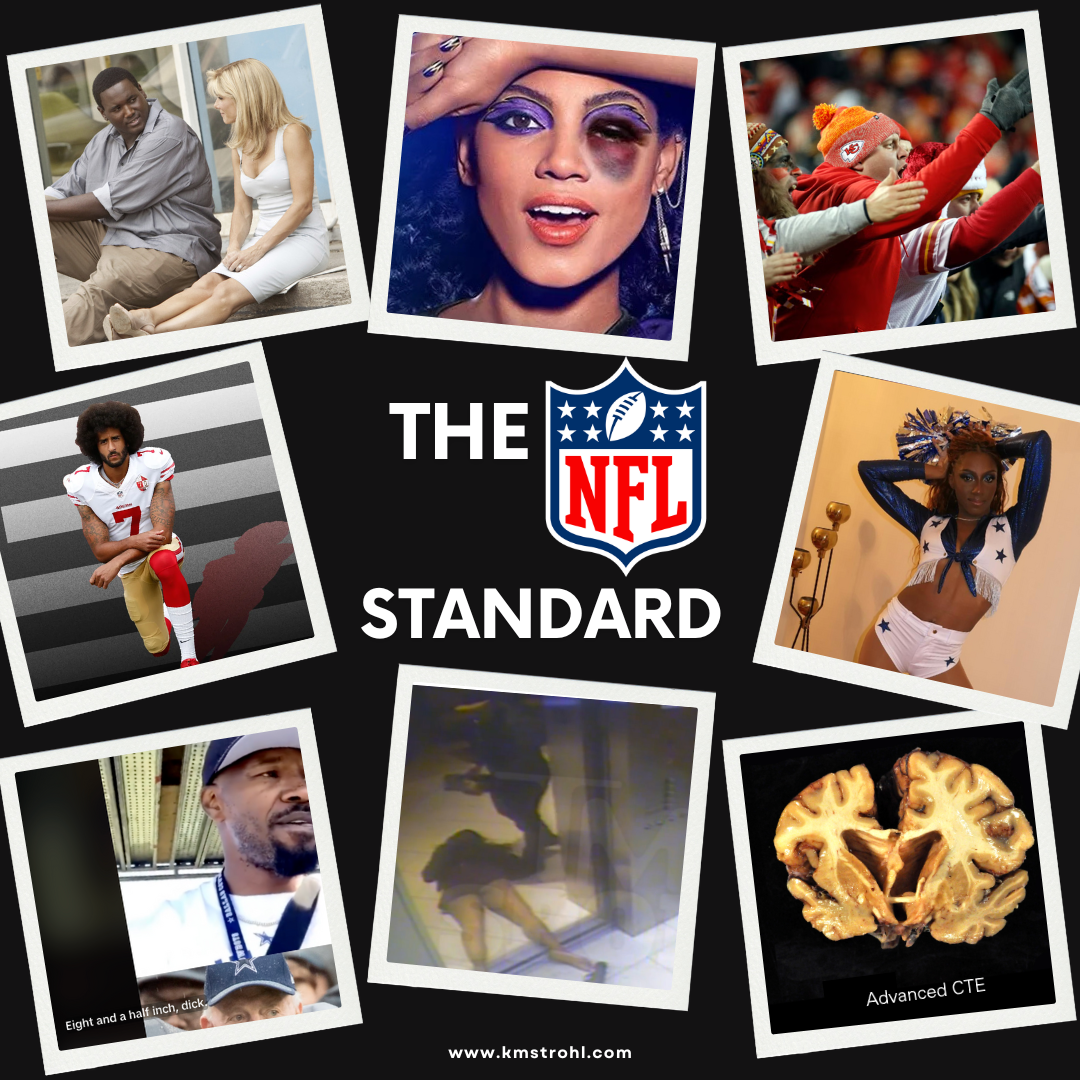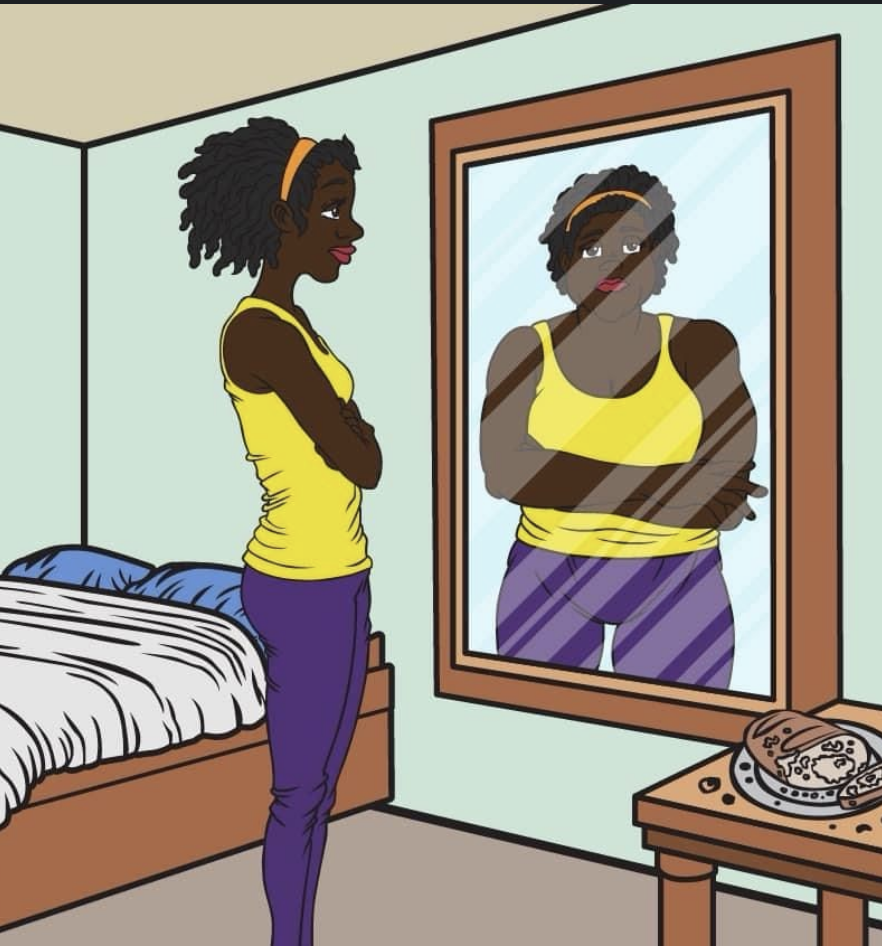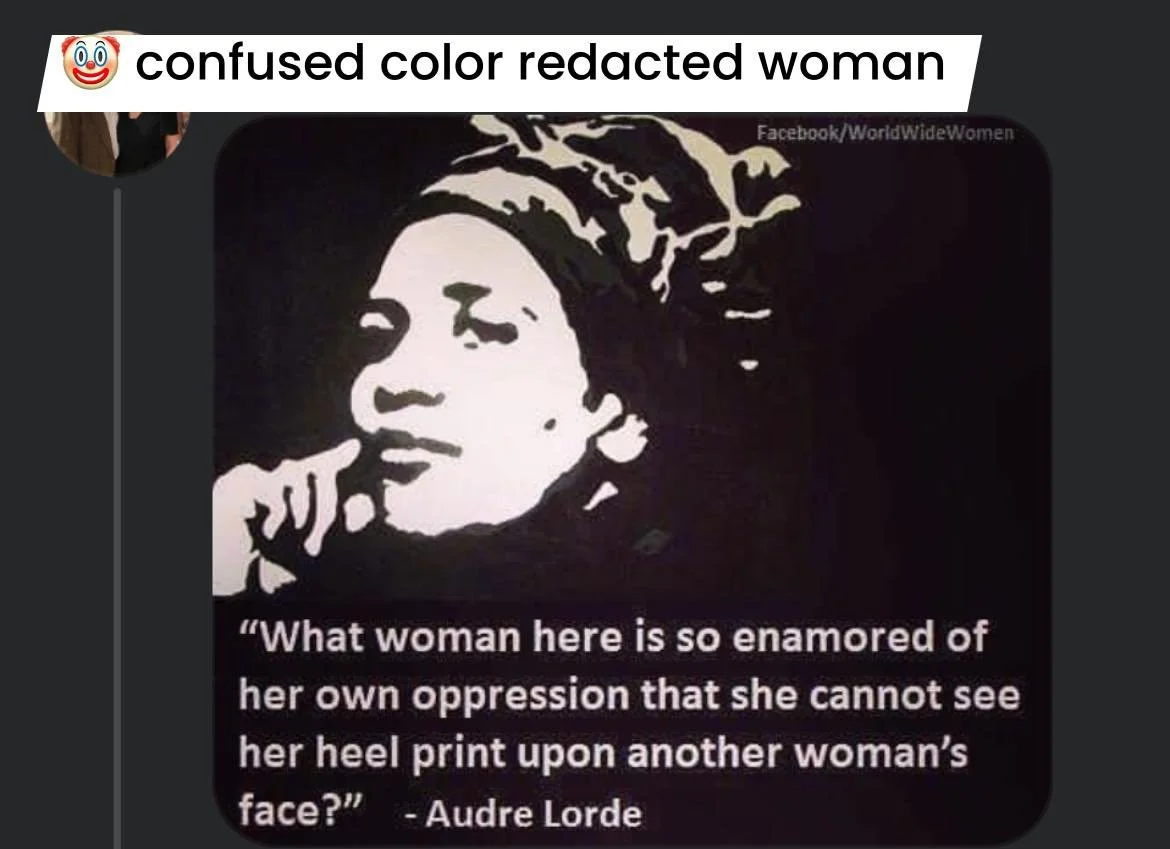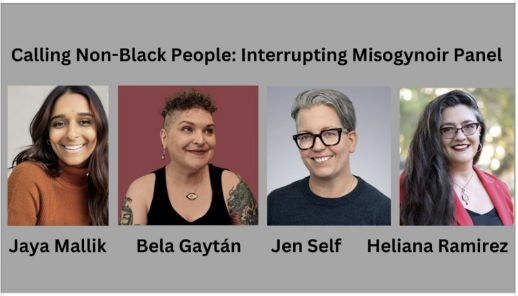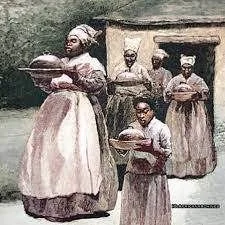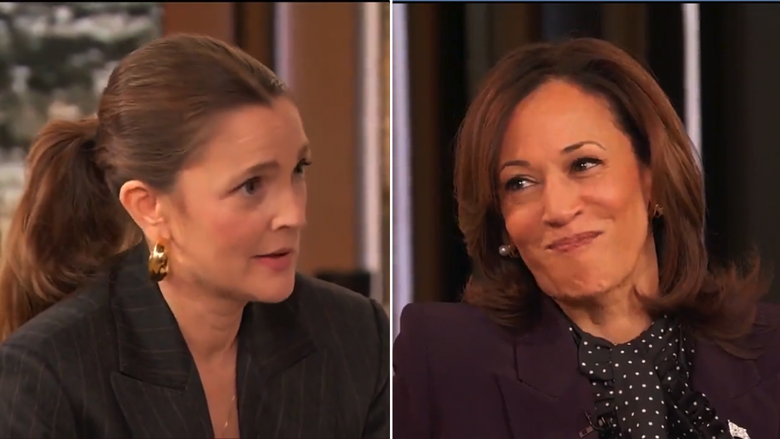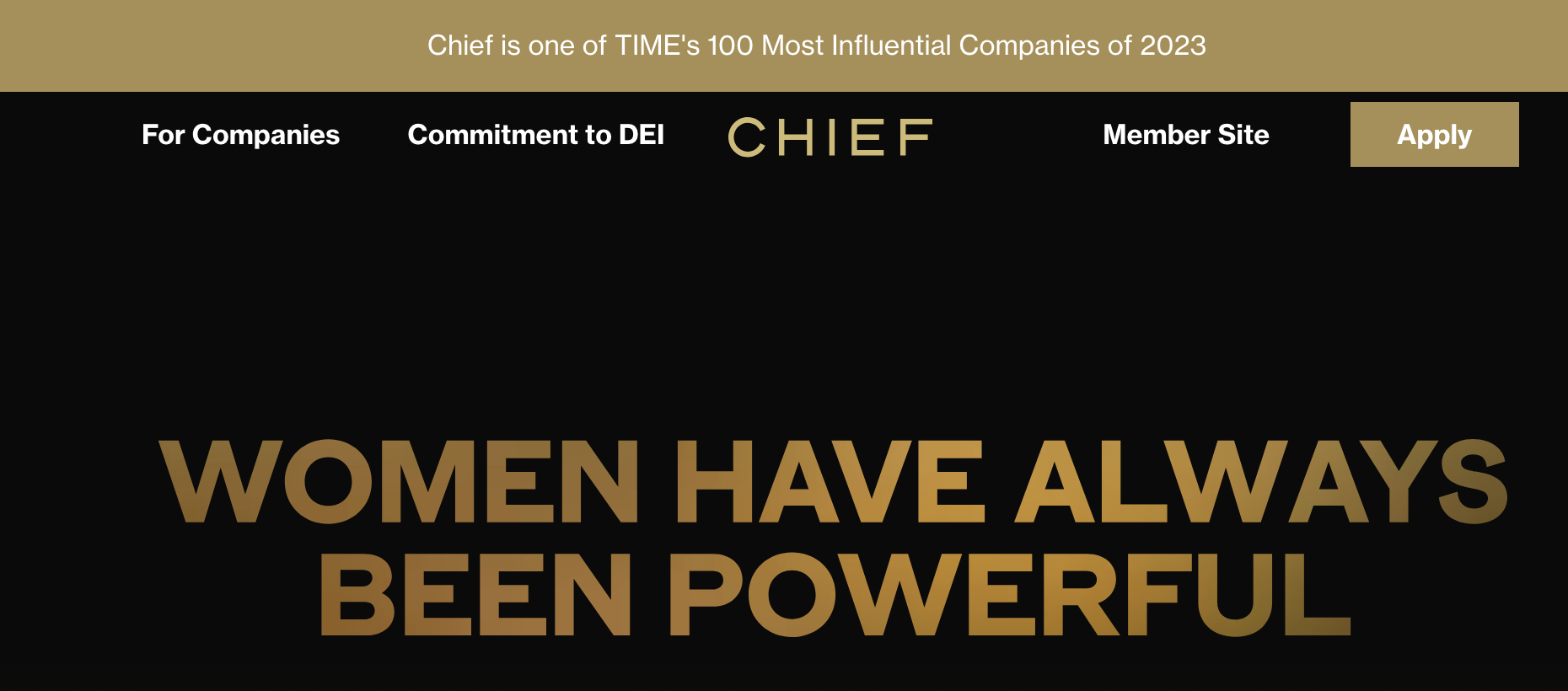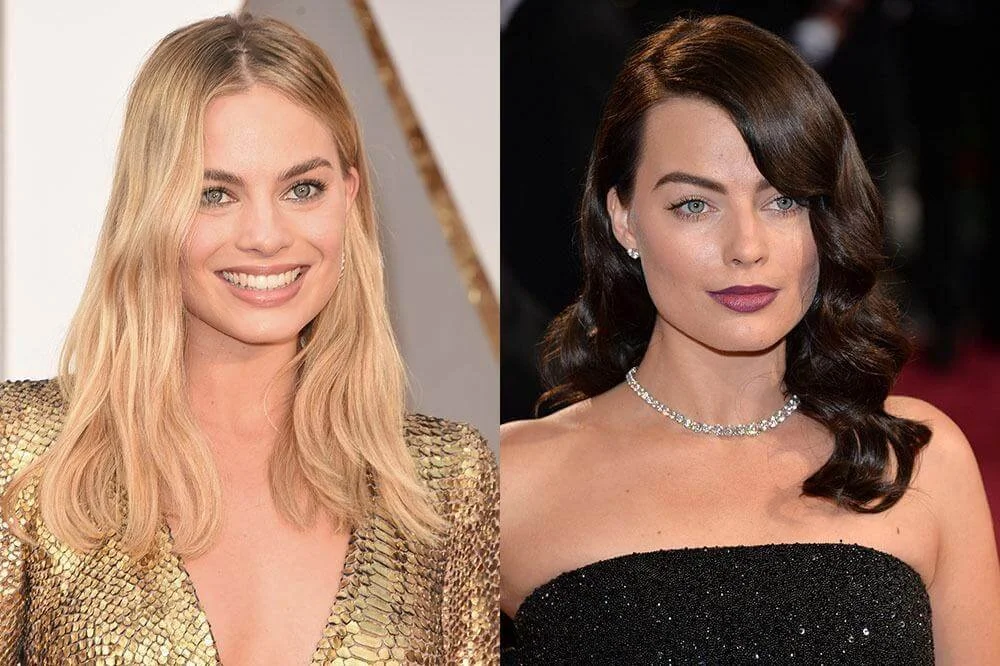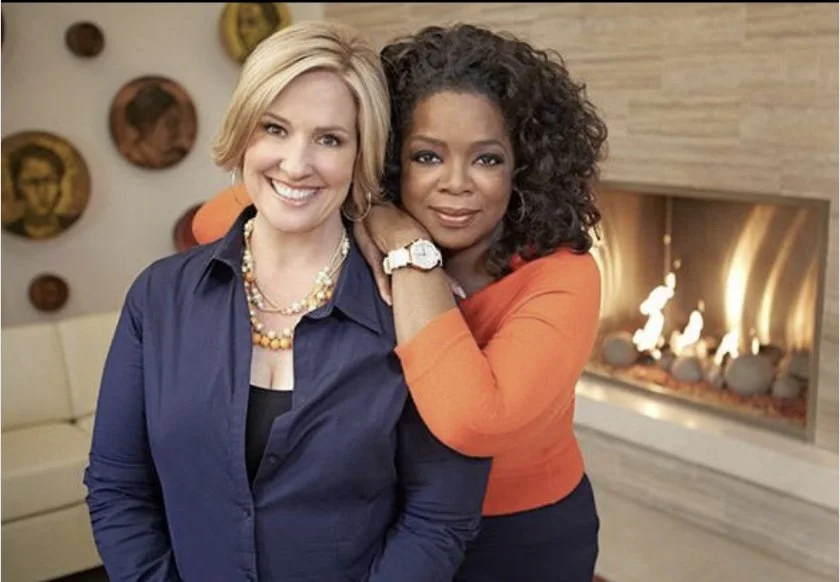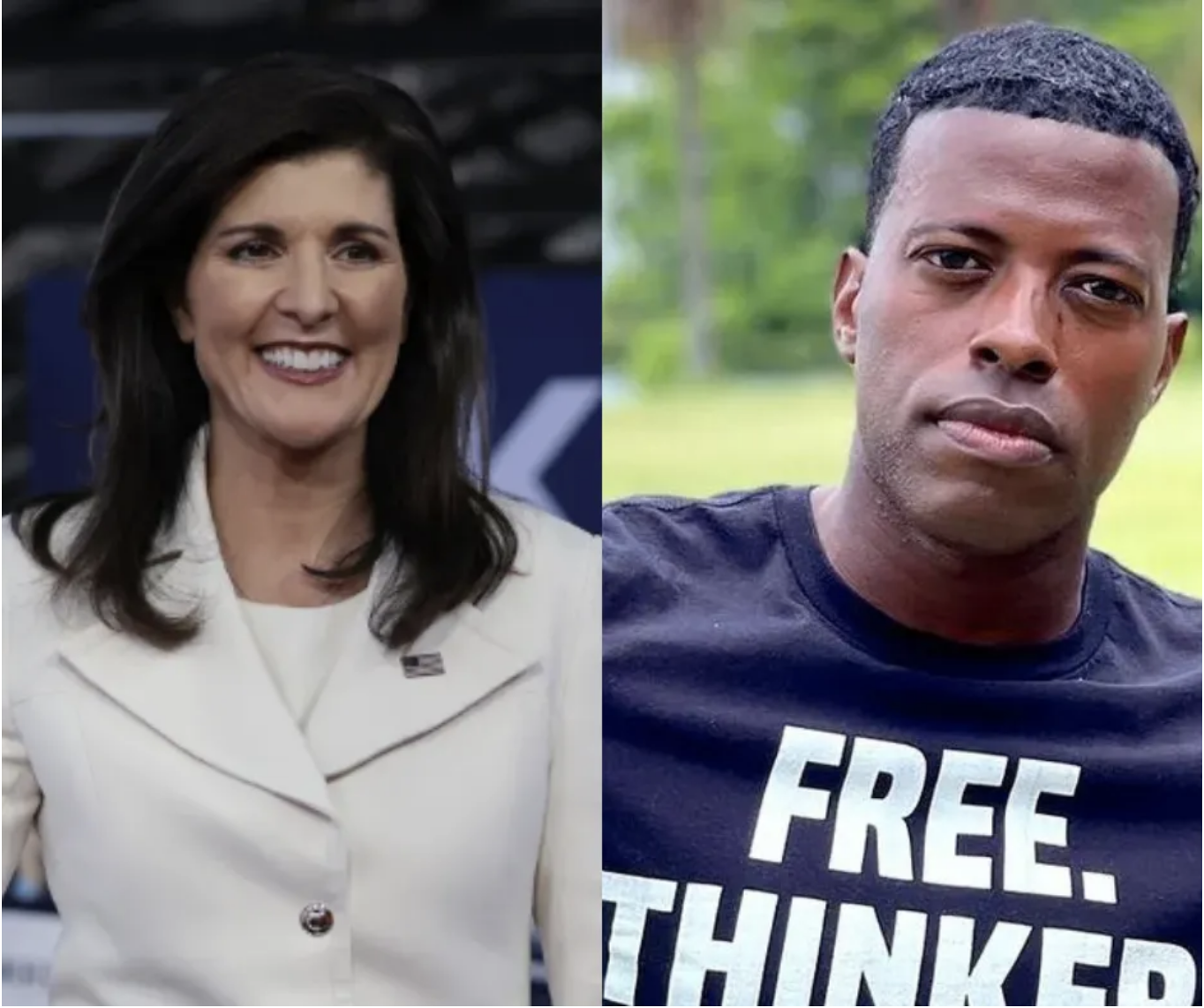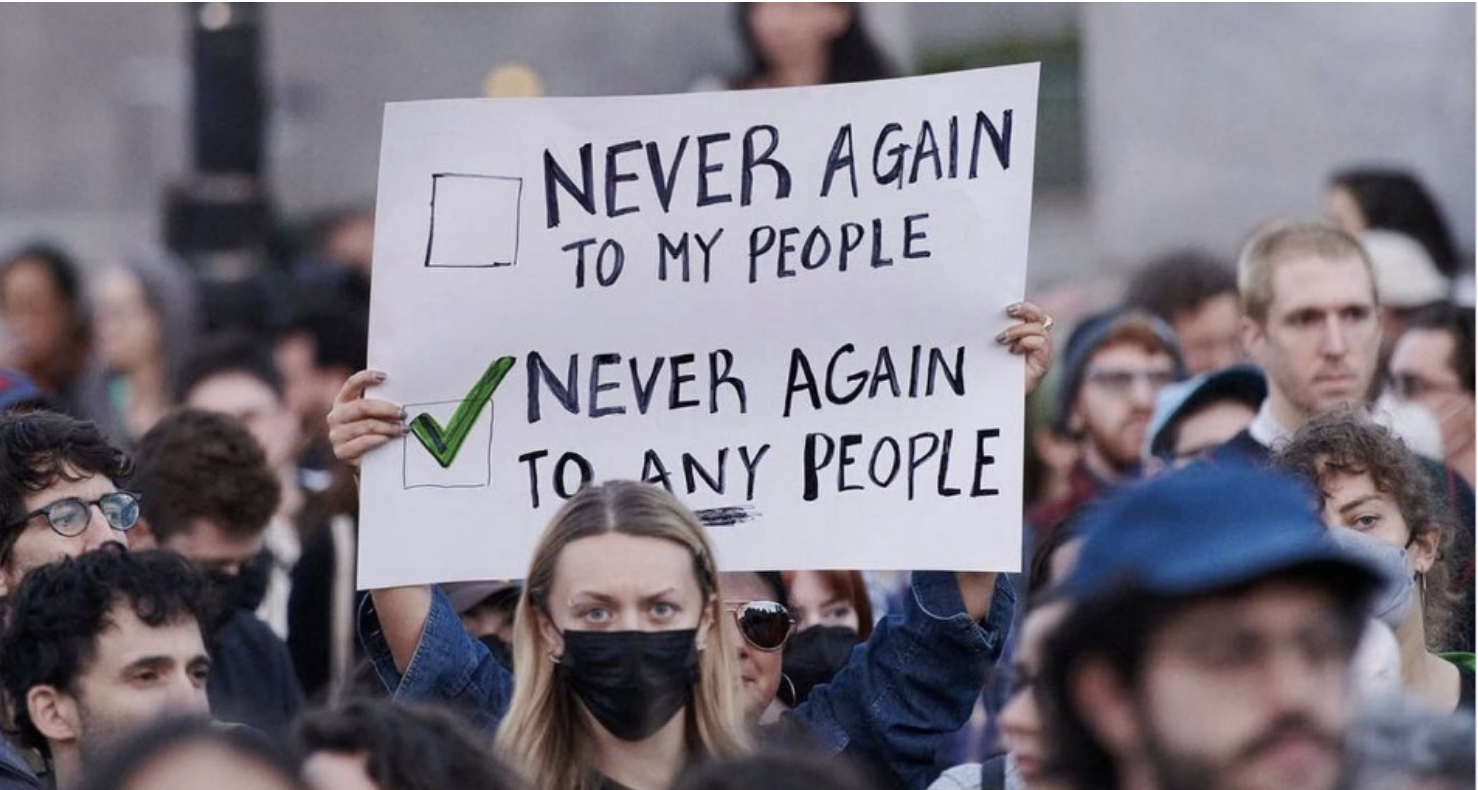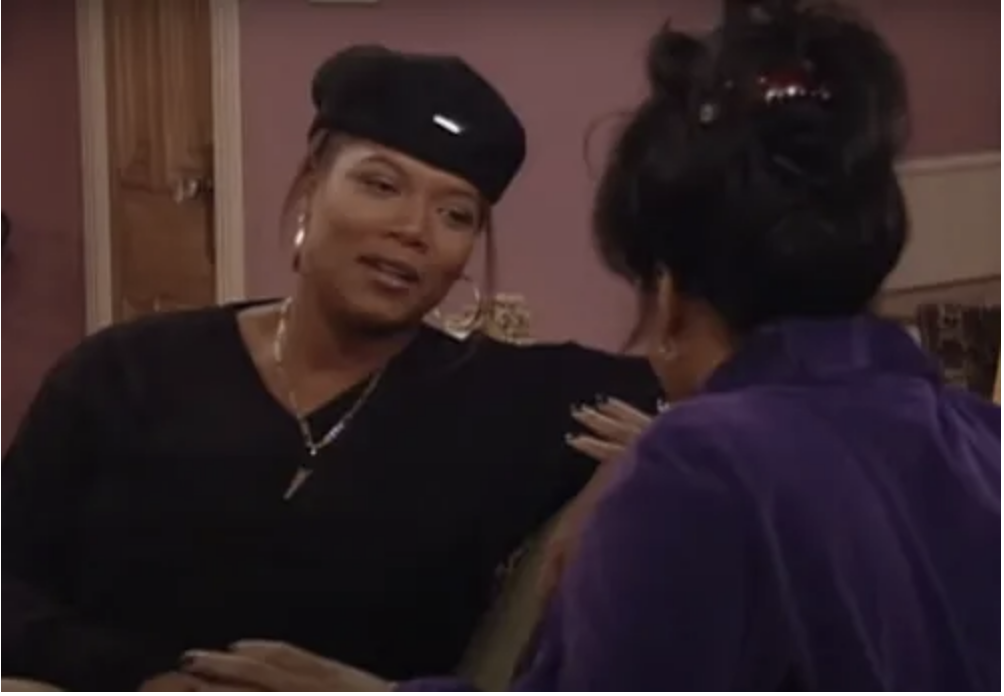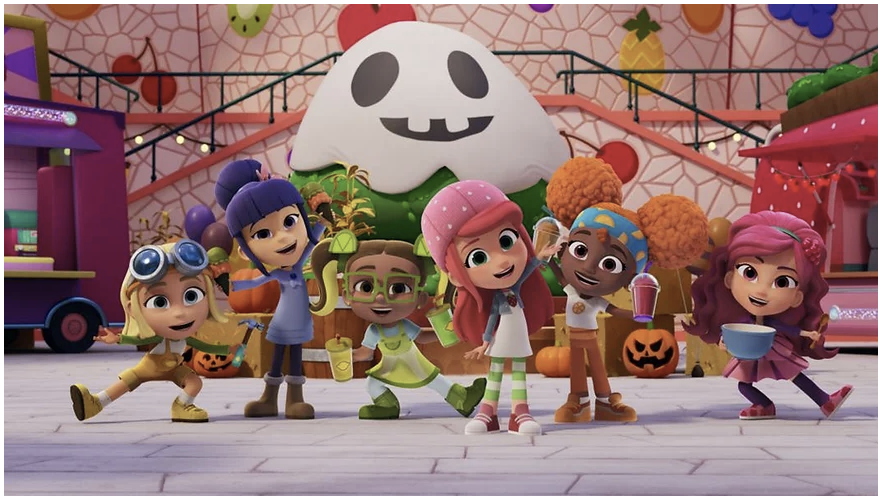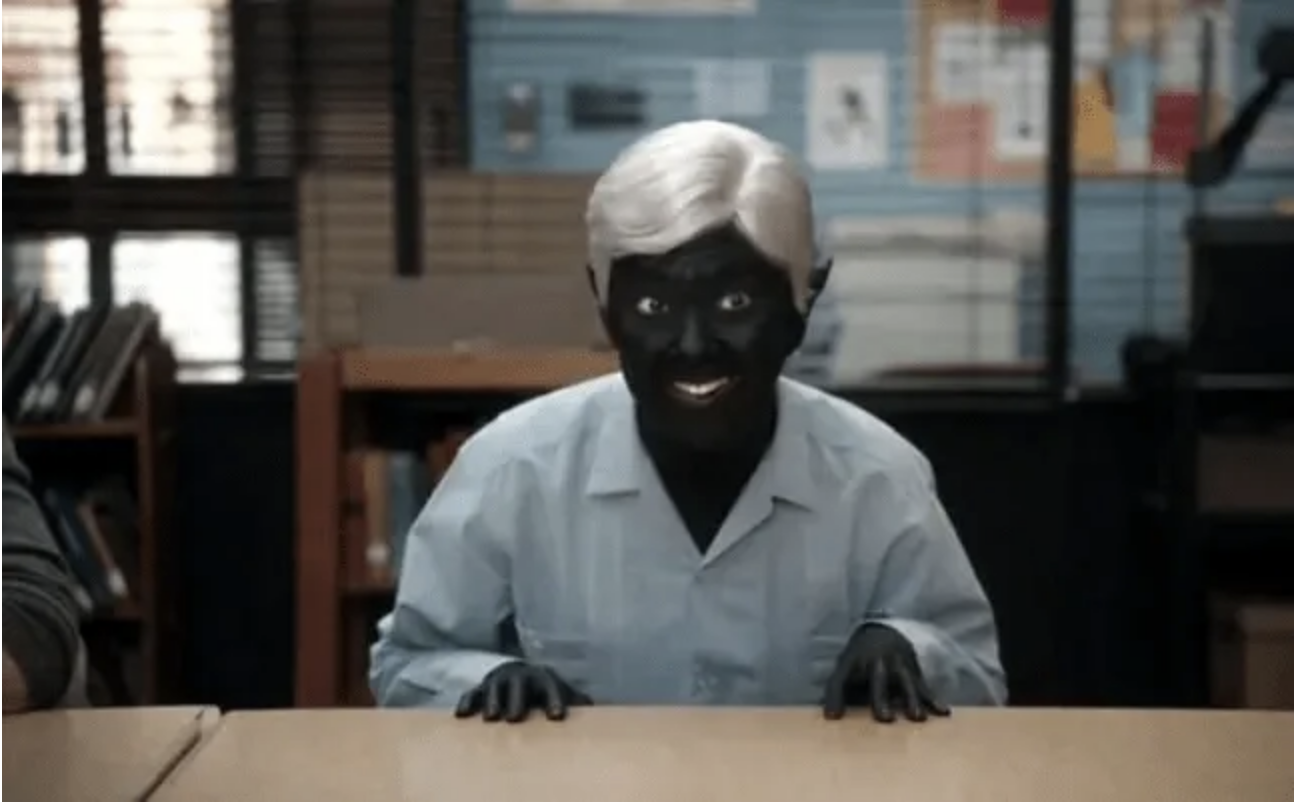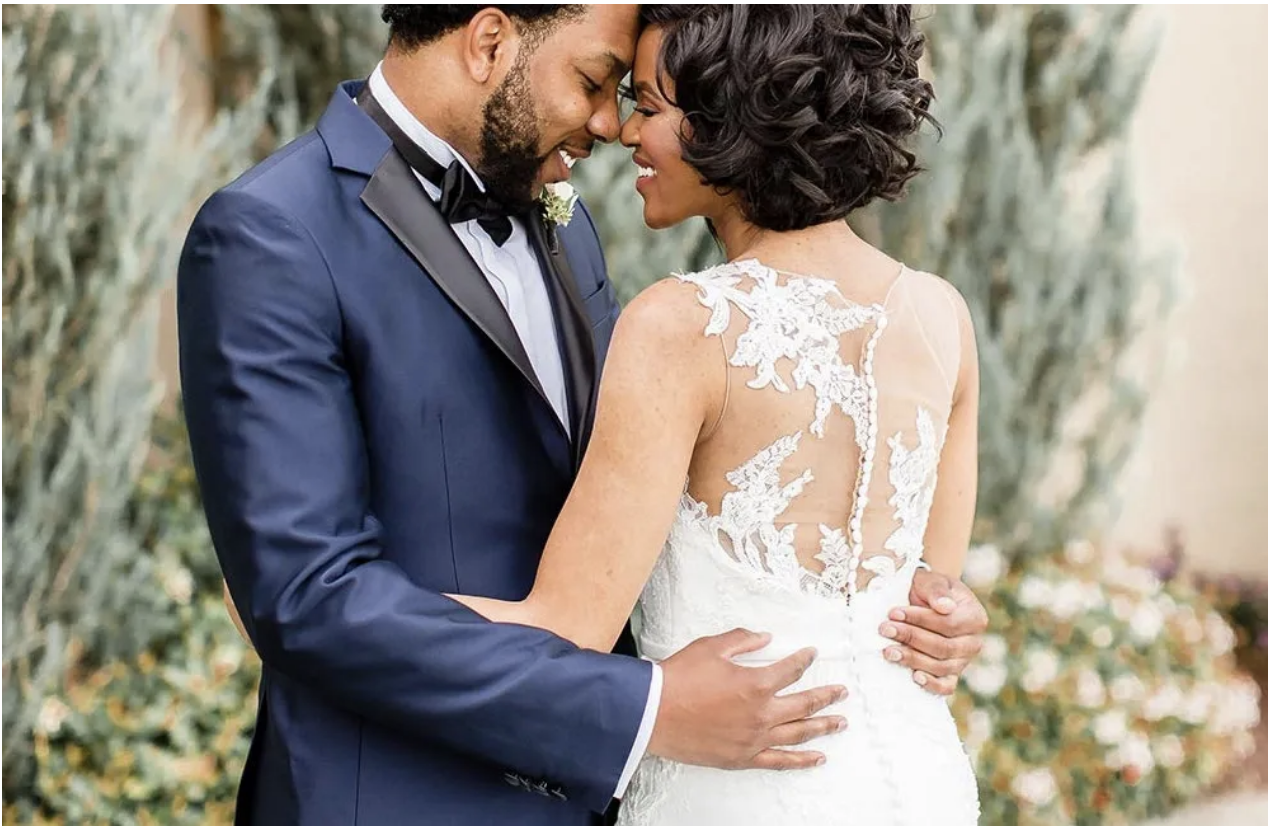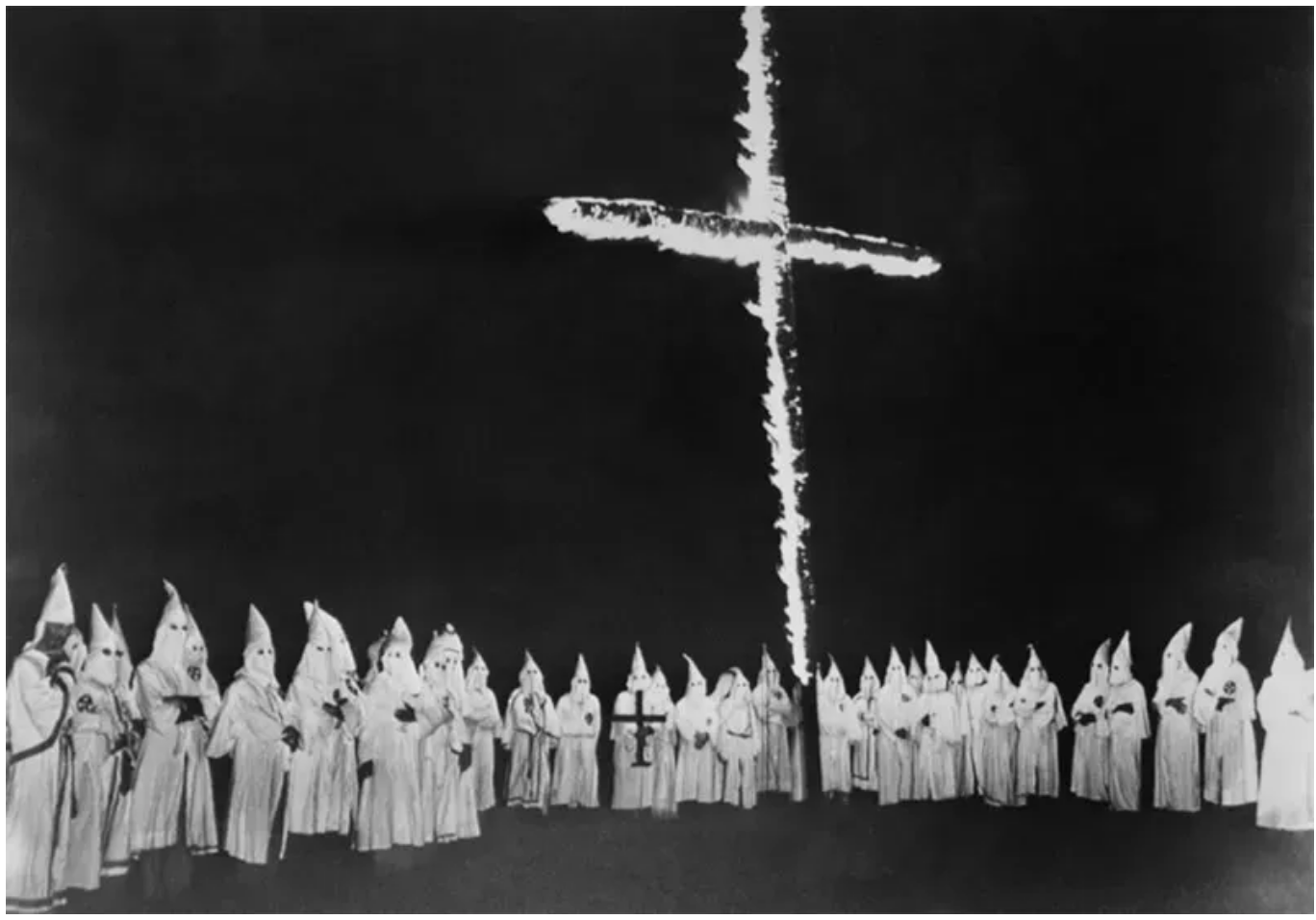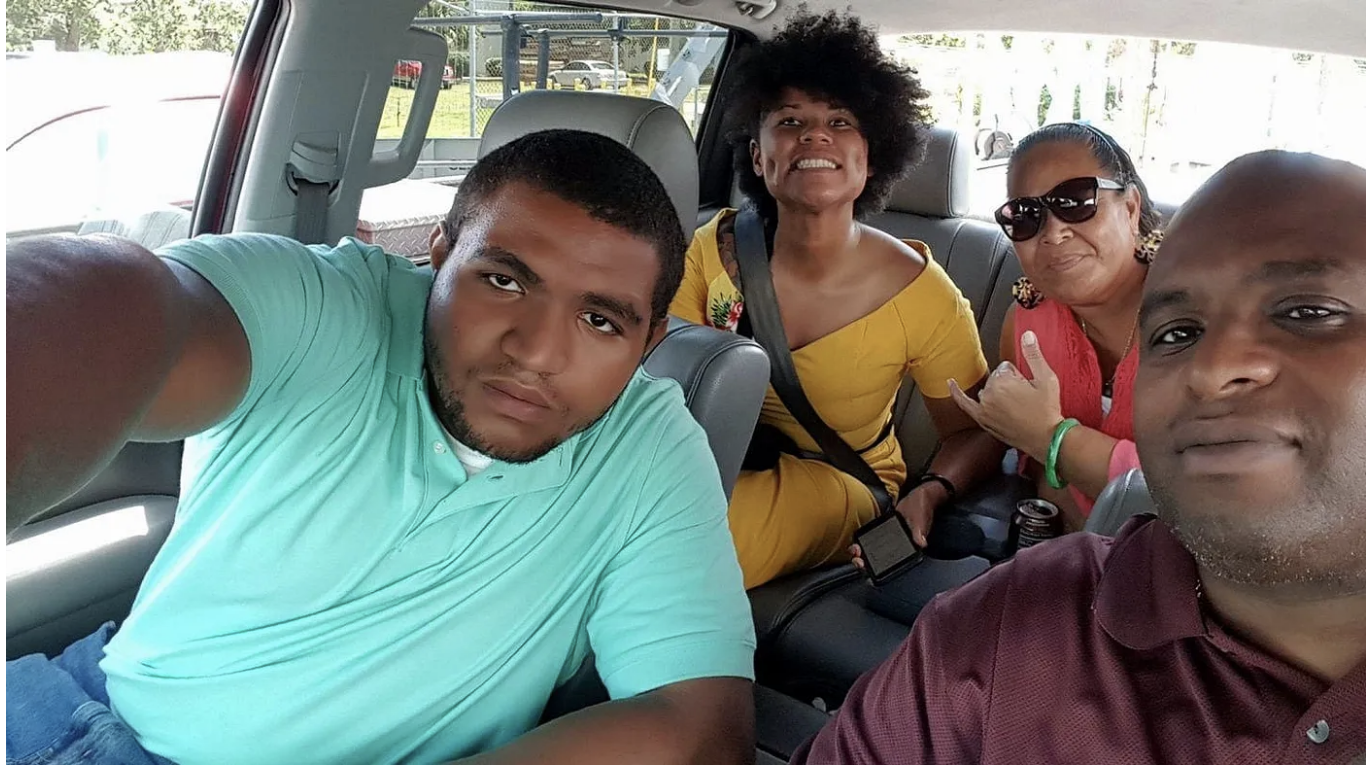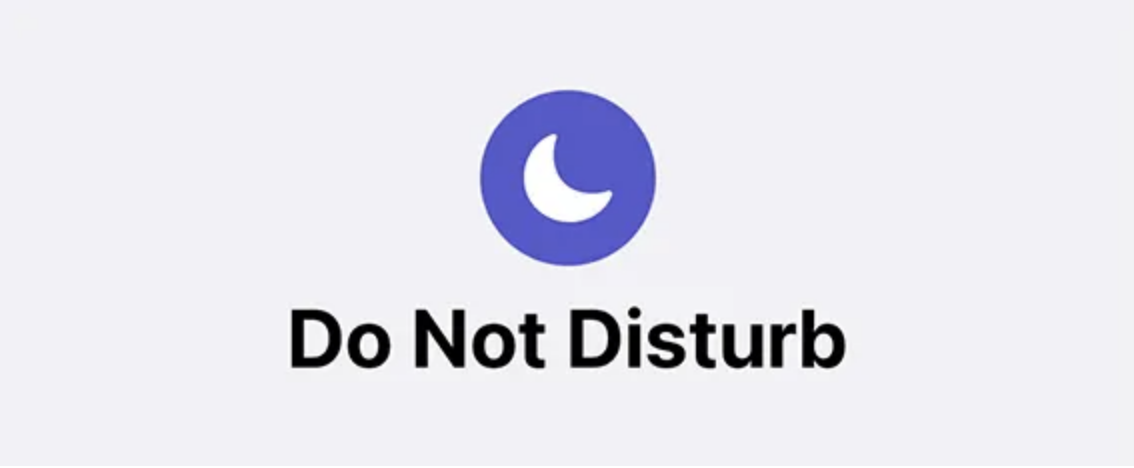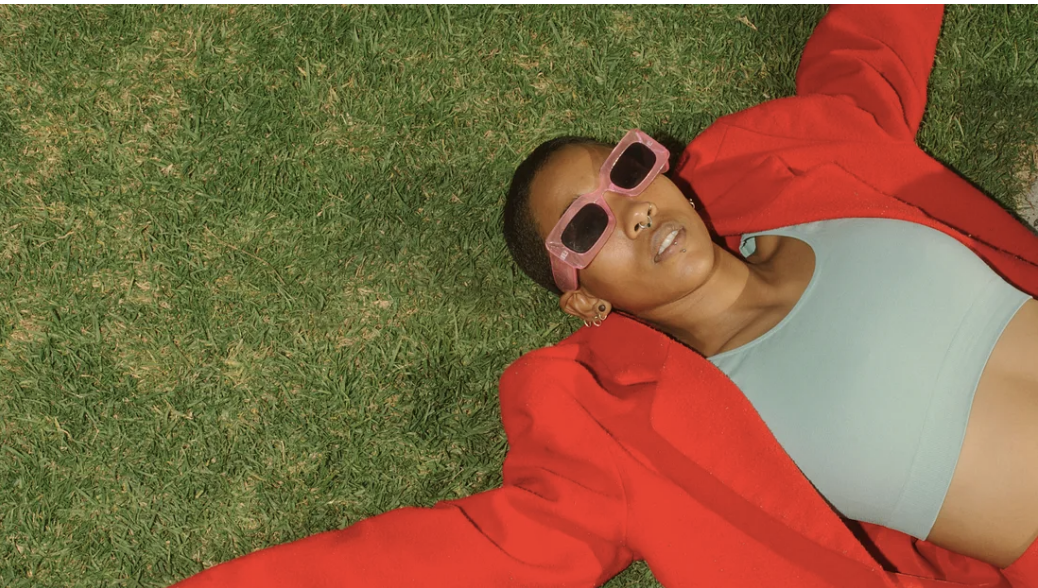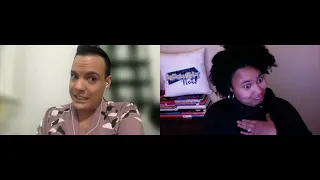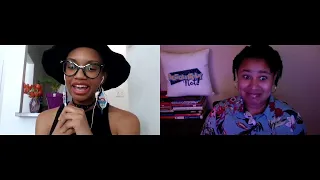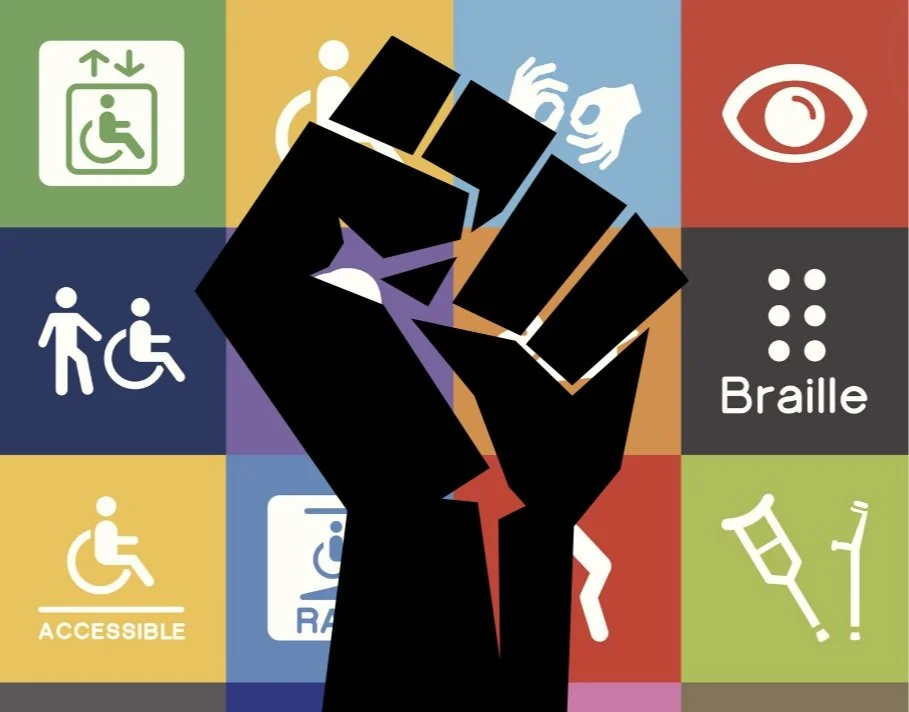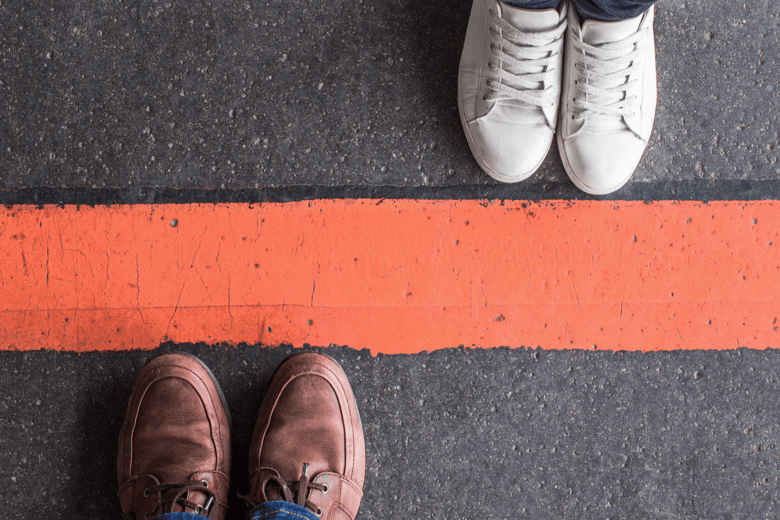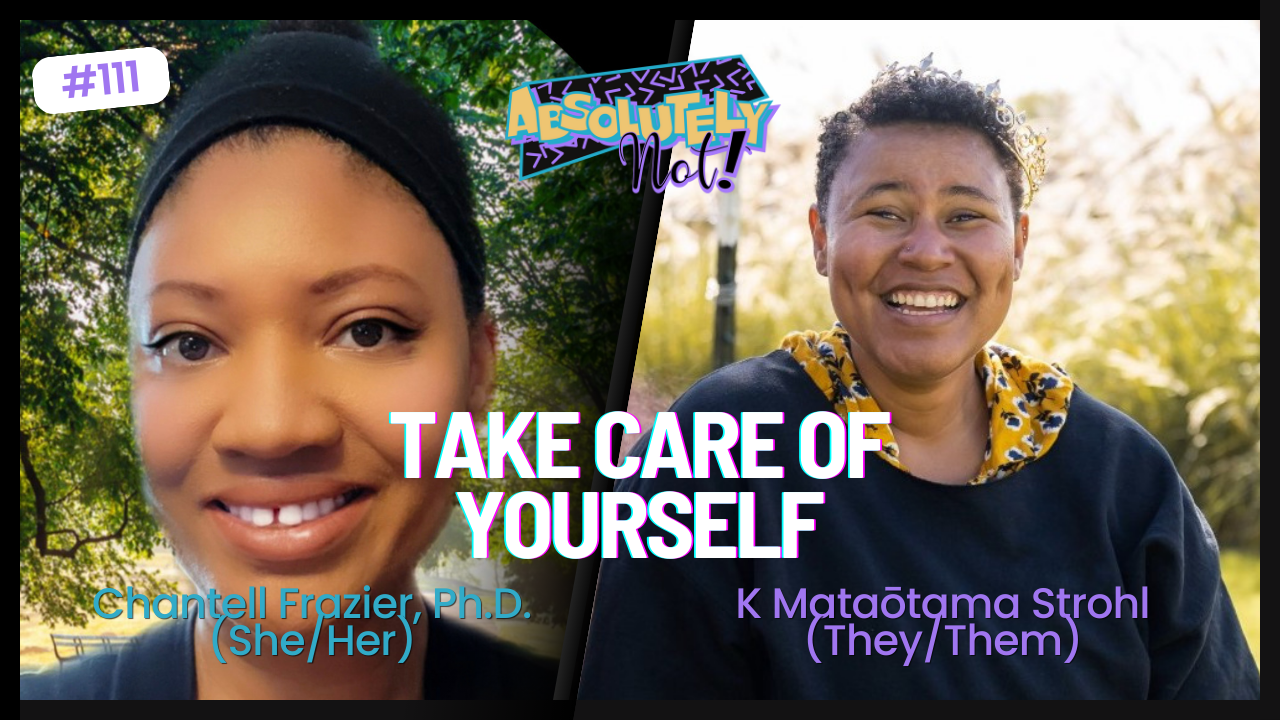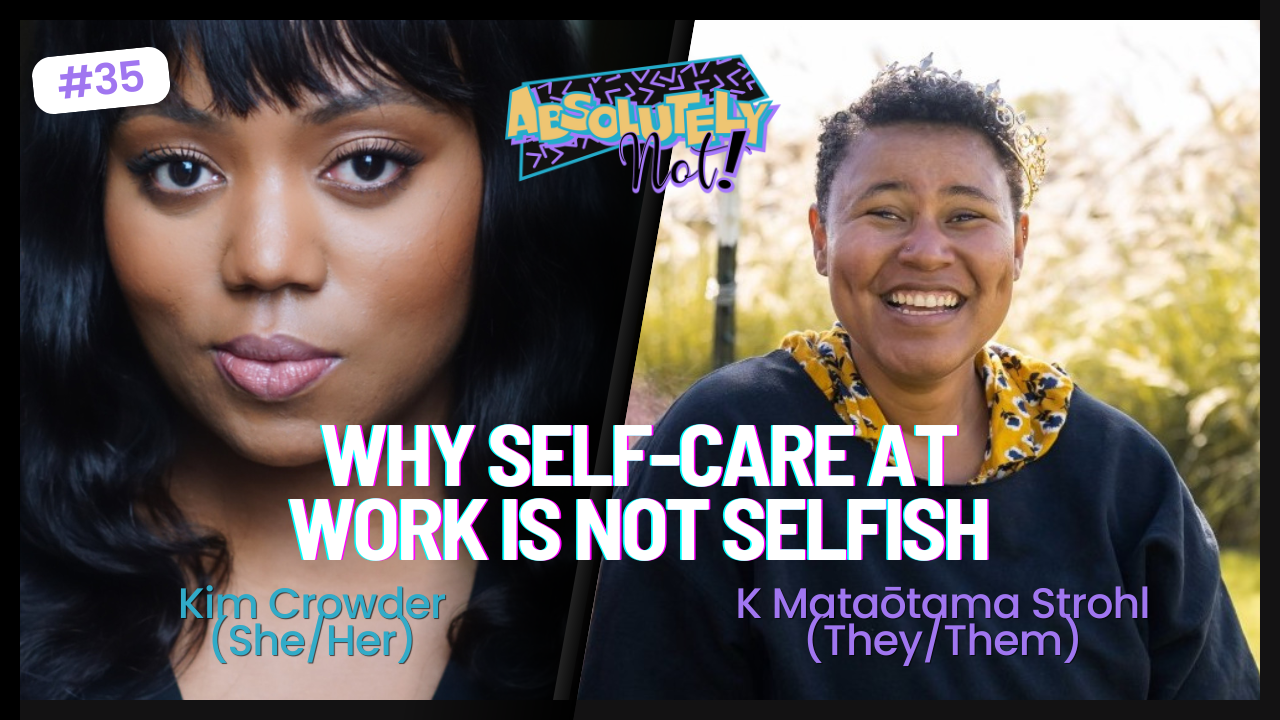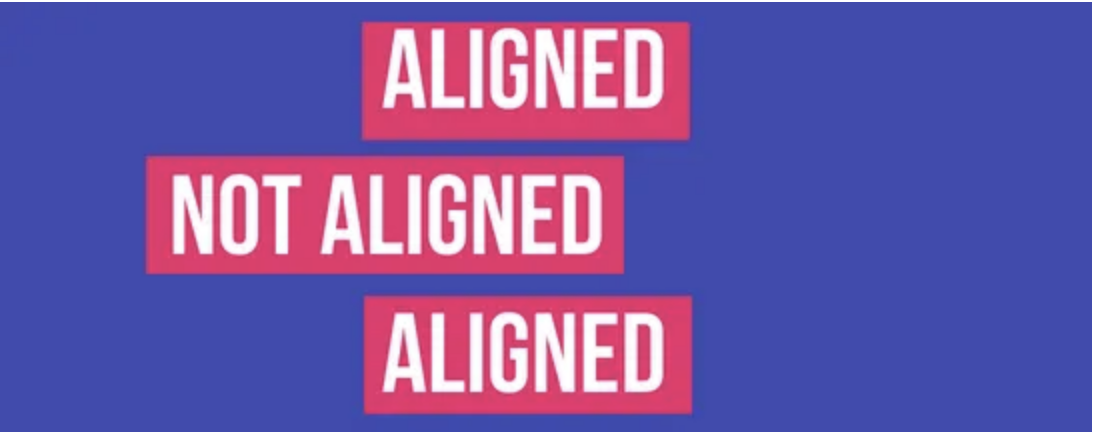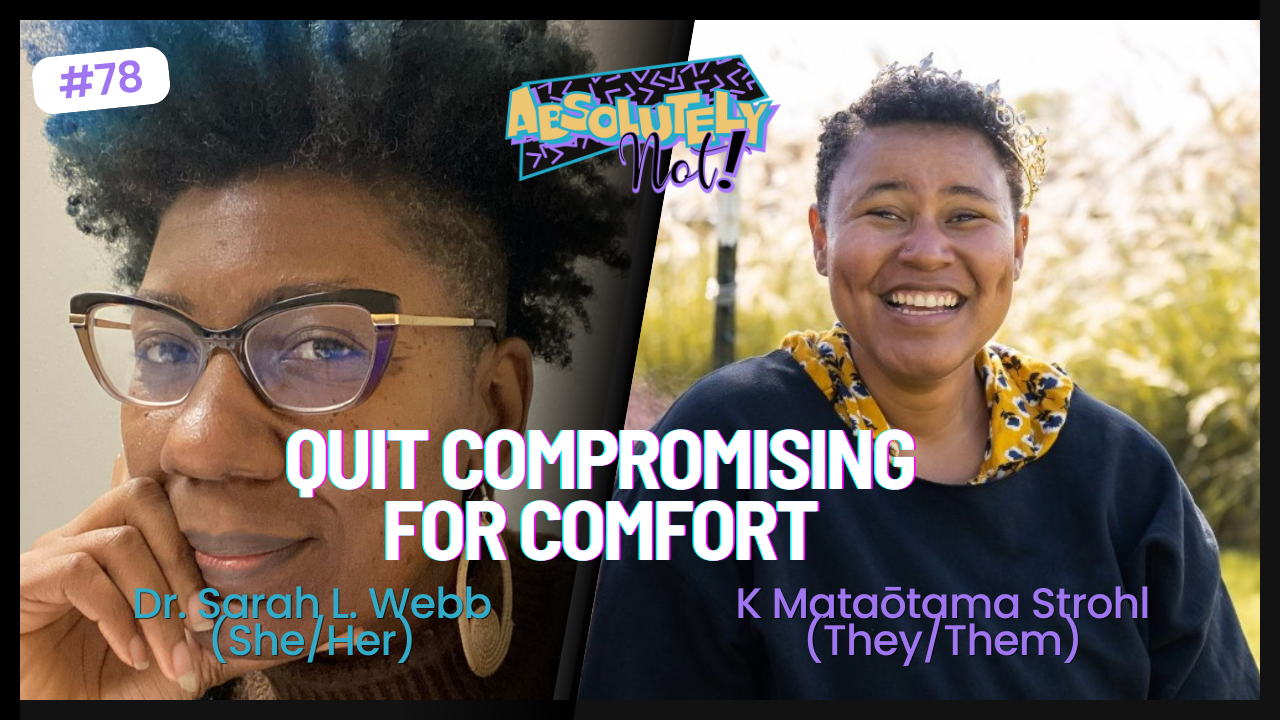K Mataōtama Strohl (They/Them)
K is an award-winning consultant, coach, writer, speaker, curator of an online community and host of two popular podcasts.

Know Your Worth w/ Mark Travis Rivera
Knowing your worth means not taking that pay cut, because what you perceive to be a good opportunity, or what you might think is a pivot in your career, we always talk about pivoting our careers as a way, as a means to, like, make a sacrifice. Y'all, I'm not sacrificing anything for a job, right? Like I Yes, I'm switching industries. I'm not switching my knowledge base, my education, my experience level. That doesn't get into the pivot just because I'm switching industries, industries. But so many people have the misconception that you switch industries, that you may have to take a pay cut or build yourself up from the bottom because you're new to the industry? No, no, I'm gonna say that that's bullshit.
Centering My Truth w/ Sam M. Huisache
No one was there to help me! This is exactly why it's so important to center your truth. Thank you so much Sam M. Huisache for reminding us of the importance and giving us clear steps on how to do so. Please remember centering your truth is the only way to live the healthiest life for you!
Brought to Light 💡
I think now more than ever we all are being given an inside look to all around us. We are all seeing where our taxes, voices, money, effort and energy have been going and continue to go. I hope we all use this unprecedented insight to continue to demand more light in the darkness, more honesty, more acknowledgement of past wrongdoings and more accountability.
Unfruitful Practices
In 2025 I want to spend less time begging. I understand and accept that this is a big ask. Despite understanding this, I still want to accept that the people that could change my life through monetary contribution are not the same people that would. They are also not the people that follow my work. While capitalism is on its last leg I don’t think I’ll ever be able to “reap the benefits.”
The NFL Standard
The NFL is a celebrated reflection of America. This is what America wants and allows to continue.
Return of the Mack 🤸🏾♂️
The beautiful thing about boundaries is they have to be intentional and tied to your values. If they aren't then they're not boundaries, they're you trying to control someone.
Exploitative Practices w/ the AANHPI ‘Ohana Center of Excellence
Dangling a carrot in front of somebody who is starving is exploitative. It's fucked up. It is a way to get somebody to do something that they wouldn't normally have done, because you are promising to provide something. You know that the individuals you're inviting need money, so you saying it as an incentive so that we show up is exploitative and manipulative. Don't do that.
The Devil Doesn’t Need An Advocate
The people that do need advocacy are the people stating the harms or bringing harms to your attention, or having a trying to have a conversation with you on how to best move forward in the relationship, and you advocating for someone who's not even a part of the relationship is telling to say the least.
Take Care of Yourself w/ Chantell Frazier, Ph.D. (She/Her)
I'm really happy that people get to know this! I'm really glad I've been able to interview people who are willing to share these truths. Thank you Chantell Frazier, Ph.D. (She/Her) for these gems!
In this episode we discuss:
-How to take responsibility of yourself
-Why people need to attempt to make things right
-What values can come against your wellbeing
They Were Okay Before You Got There w/ Kirby Williams (She/Her)
I'm not hired to give history lessons. I've done some presentations about bias and Black mental health disparities and I have directed people to a book. I specialize in what patients need right now in the moment. How do we help them in the immediacy? And if you need history to help you help them, that's fine, but I'm gonna direct you to a book.
Why Self-Care at Work Is Not Selfish w/ Kim Crowder
The more that we dig into doing the things that make us happy, loving ourselves and finding people that connect to the love that we have decided that we are worth. The better. So this is a call for Black women to know that you are loved, beautiful and valuable. And that there is a benefit to presenting to you that you are not and that benefit is not yours.
Intent vs Impact. Which Is More Important?
Impact is always going to be more important. The impact that you have left on that person, now that they feel unsafe and harmed is more important than what you intended to do or how you intended your behavior to come across.
Thriving As A Black Woman w/ Brianna Doe
It's giving the Wizard of Oz, when they pull back the curtain. My thoughts and perspectives were minimized and criticized and not in a constructive way. It's so important, you have to figure out what you don't want, work backwards and build questions based off of that, otherwise y'all end up in situations like mine.
Design Is For Black People Too w/ Kirk Visola
And the fake it till you make it, I see that more a skill set for most people, but with Black people, it's not only a skill set, it's it's the way we have to navigate ourselves in this world. It's the way we have to carry ourselves, it's the way we have to be-
Quit Compromising for Comfort w/ Dr. Sarah L. Webb
And so colorism is something I feel I can speak directly to, because any anything can be a source of that for someone else, right? For some people, it's sizes, and for some people, it's ableism, transphobia, you know? So a lot of these social problems can have this a similar impact on other people, depending on their identity, and because of my particular identity and experiences, I feel like I can speak to colorism in a way that does create change, both for individual people but also in communities and cultures.
Put It On the List w/ Franky Rhodes
Being in HR and being Black, is interesting. It's one of those fields where there's an expected vibe. And I'm not that person, because my goal is to create an environment where you get to be whoever the heck you want to be all the time. I don't want you to turn things off about you.
